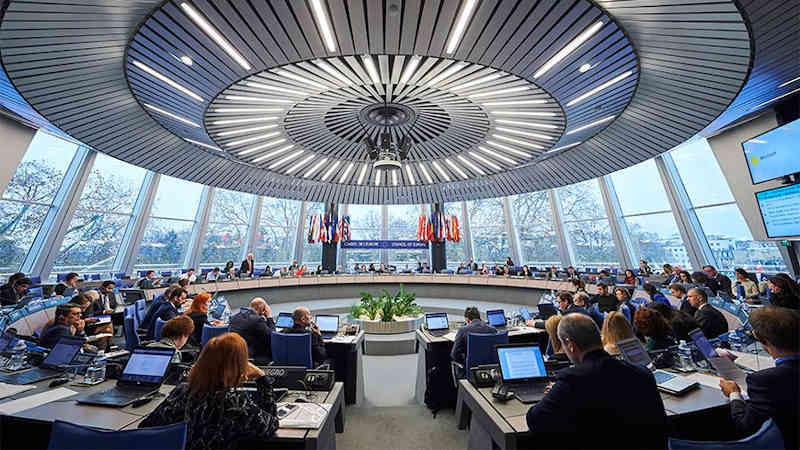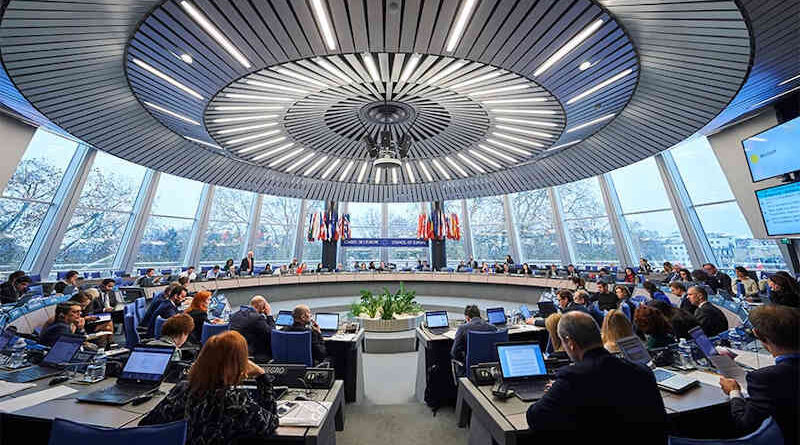Examination of European Court of Human Rights Judgments

Examination of European Court of Human Rights Judgments
Under Article 46 of the European Convention on Human Rights, judgments from the European Court of Human Rights are binding on the states concerned.
The Council of Europe’s (CoE) Committee of Ministers will hold its quarterly meeting to oversee the execution of judgments and decisions from the European Court of Human Rights in Strasbourg from 5 to 7 December.
Cases proposed for detailed examination concern Albania, Armenia, Azerbaijan, Belgium, Bosnia and Herzegovina, Bulgaria, Croatia, Georgia, Greece, Hungary, Italy, Malta, the Republic of Moldova, the Netherlands, North Macedonia, Norway, Poland, Romania, the Russian Federation, Serbia, Türkiye, Ukraine, and the United Kingdom.
According to a CoE communique of 4 December, decisions taken by the Committee of Ministers during the meeting will be published on the Council of Europe website on Friday 8 December.
Under Article 46 of the European Convention on Human Rights, judgments from the European Court of Human Rights are binding on the states concerned.
The Committee of Ministers oversees the execution of judgments on the basis of information provided by national authorities, applicants, civil society organizations, National Human Rights Institutions (NHRIs) and other interested parties.
Following its exclusion from the Council of Europe on 16 March 2022, the Russian Federation ceased to be a High Contracting Party to the European Convention on Human Rights on 16 September 2022.
As stated in its Resolution of 23 March 2022, the Committee of Ministers will continue to supervise the execution of the judgments and friendly settlements concerned and the Russian Federation is required to implement them.
💛 Support Independent Journalism
If you find RMN News useful, please consider supporting us.




